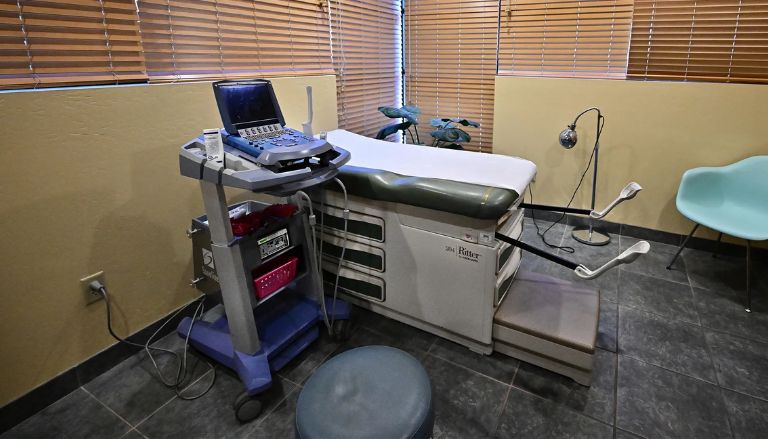Since the Dobbs ruling ended the federal right to an abortion, states have introduced rules and limitations to reduce the number of abortions, going beyond just banning the procedure. Many of these rules are aimed at abortion providers, such as doctors and hospitals, for offering the procedure.
Some states are considering whether to make it possible to charge women who have an abortion. These include murder, manslaughter, and similar acts.
State officials want to support the idea that life starts at conception. Four states—Indiana, North Dakota, Oklahoma, and South Carolina—are considering new bills to change their laws on homicide. None have moved forward from the committee, but they all have several co-sponsors, showing more support for them than other bills.
The rules have some small differences. All of them would let homicide rules apply to the deaths of fertilized eggs and fetuses from the moment they are conceived.
All the rules allow for exceptions if the mother’s life is in danger. They also include cases of natural loss.
Other abortion laws often include this rule. Medical providers in those places have already faced bigger challenges, including uncertainty about when they can legally step in.
The future of in vitro fertilization (IVF) might be unclear if new rules are implemented. This process may destroy an egg.
Even though many people are against limiting IVF, earlier rules that gave more rights to individuals have allowed courts to make decisions that could threaten the IVF process.
In February, Alabama’s Supreme Court decided that eggs made through IVF are considered children, which could endanger IVF treatment in the state.
After receiving criticism, including from Donald Trump and other Republicans who usually do not support abortion rights, Alabama passed a law that protects IVF (in vitro fertilization).






Leave a Comment